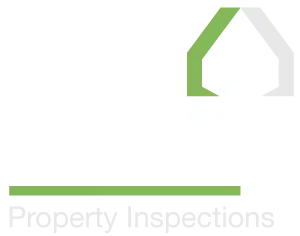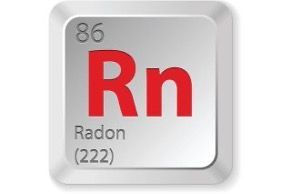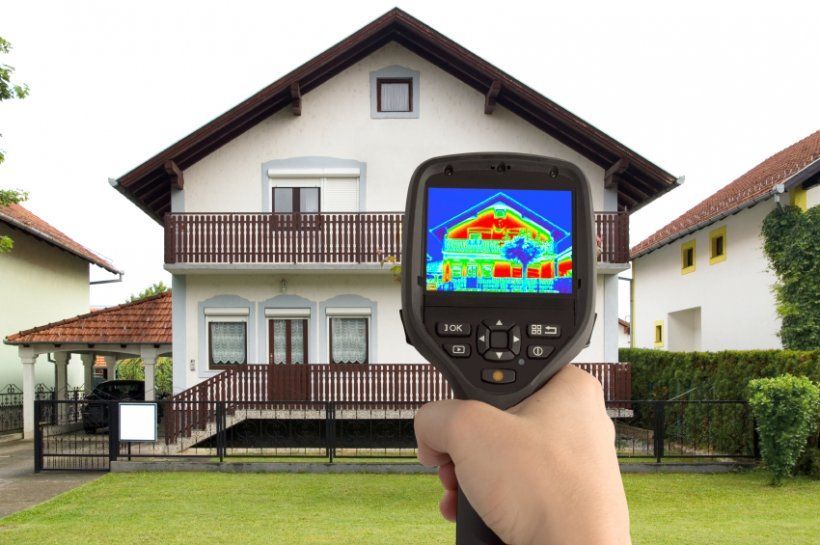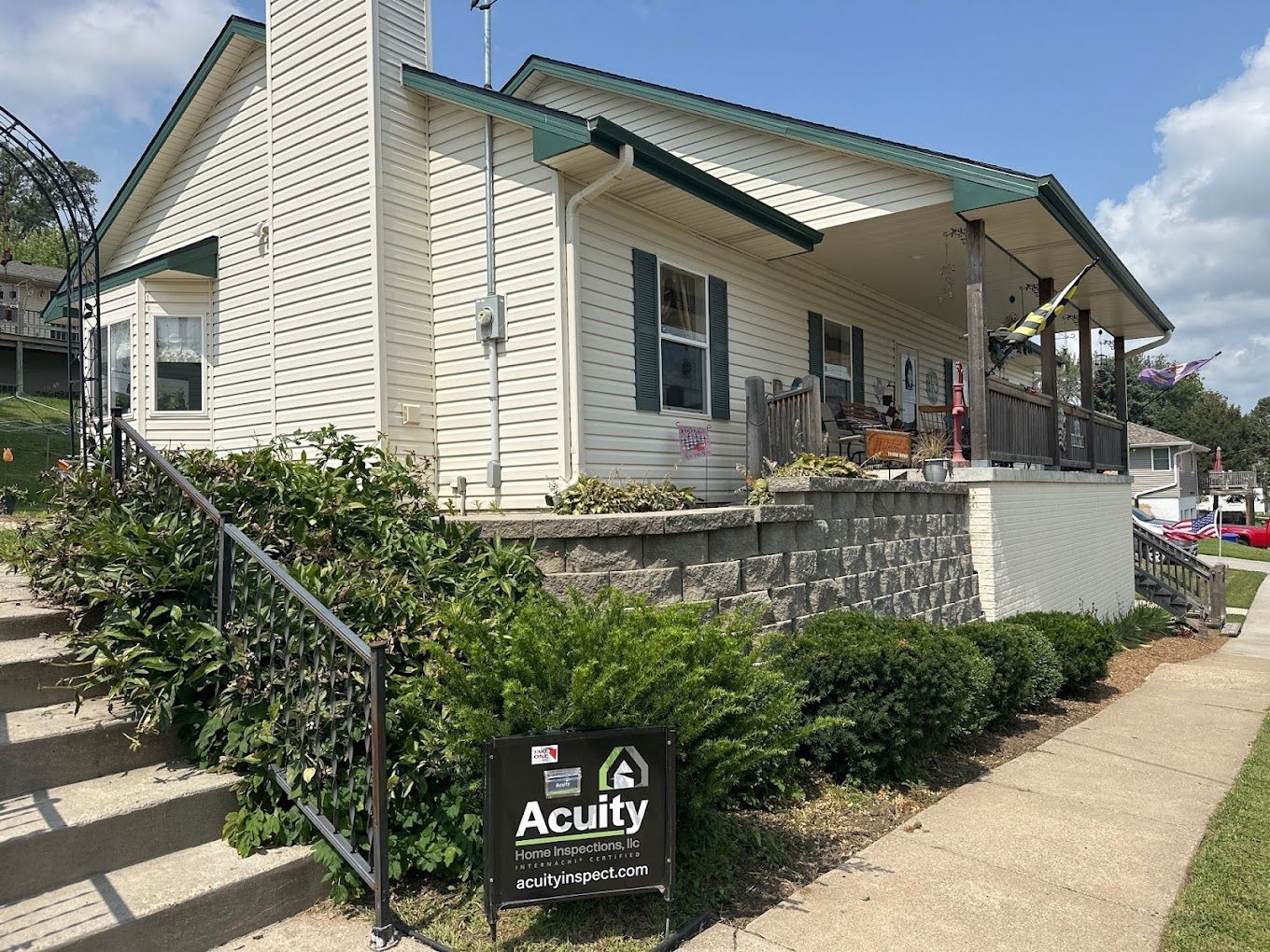National Fire Prevention Month: 7 Home Safety Tips from Your Home Inspector
October is National Fire Prevention Month
As a home inspector, I know firsthand how important it is to take fire safety seriously. While inspections primarily focus on structural integrity and systems functionality, fire safety is integral to protecting your home and loved ones. Here are a few key tips to help prevent fires and keep your home safe.
1. Test Your Smoke Alarms
A working smoke alarm is the first line of defense in case of a fire. It’s recommended to test all smoke detectors in your home monthly. Replace the batteries at least once a year or consider upgrading to models with long-life batteries.
• Home Inspector Tip: During inspections, I often see smoke alarms improperly placed or past their expiration date. Smoke alarms should be installed on every level of your home, inside each bedroom, and outside sleeping areas. Check the manufacturing date – if your smoke alarm is more than 10 years old, it’s time for a replacement.
2. Fire Extinguishers in Key Areas
Having a fire extinguisher readily accessible in key areas of your home is critical. Kitchens, garages, and near fireplaces are prime locations. Make sure everyone in the house knows where the extinguishers are and how to use them.
• Home Inspector Tip: During inspections, I suggest placing a fire extinguisher in the kitchen since cooking equipment is a leading cause of home fires. Regularly check the pressure gauge and ensure it’s properly charged and easily accessible.
3. Inspect Electrical Systems
Faulty wiring and overloaded outlets are common culprits for house fires. Regularly inspect your electrical cords for damage and avoid plugging too many appliances into a single outlet or extension cord. If you notice flickering lights or frequently tripping circuit breakers, consult a licensed electrician.
• Home Inspector Tip: As a home inspector, I often find outdated electrical panels, insufficient grounding, or worn wiring. During an inspection, I can identify areas of concern that could pose a fire risk. Upgrading your electrical system can go a long way in preventing a fire.
· Bonus Tip: Don’t be scared, be prepared for Halloween electrical safety!
4. Practice Safe Cooking Habits
The kitchen is a hotspot for fire hazards. Never leave cooking food unattended, especially when using oil or grease, as these can ignite quickly. Keep flammable items such as paper towels, oven mitts, and curtains away from the stovetop.
• Home Inspector Tip: I’ve seen firsthand how kitchens can become fire hazards due to clutter near the stove. Keep your stovetop clean and free of debris, and ensure that children and pets are kept away from cooking areas.
5. Clean Your Dryer Vent
Clogged dryer vents are another common cause of house fires. Lint buildup can ignite, so make it a habit to clean the lint filter after every load. At least once a year, check and clean the dryer vent pipe to ensure it’s free of obstructions.
• Home Inspector Tip: During home inspections, I often find dryer vents clogged with lint or debris, especially in older homes. A quick check can save your home from a potential disaster.
6. Create a Fire Escape Plan
In the event of a fire, every second counts. Create and practice a fire escape plan with your family, identifying two ways out of every room. Make sure windows and doors open easily and designate a meeting place outside the home.
• Home Inspector Tip: When inspecting homes, I always check that windows and doors are operable in case of emergency. Being proactive and practicing fire drills can ensure everyone knows what to do during a fire.
7. Inspect Your Heating Equipment
As temperatures drop, heaters, fireplaces, and wood stoves become common sources of warmth—but they can also become fire hazards if not properly maintained. Clean and inspect these systems regularly to ensure they are in good working condition.
• Home Inspector Tip: I recommend scheduling annual maintenance for your furnace or heating system. If you use a fireplace, have the chimney inspected and cleaned annually to prevent creosote buildup, which can ignite.
Fire prevention is all about preparation and awareness. As a home inspector, I’m here to help ensure your home is not only structurally sound but also safe from potential fire hazards. By following these simple fire prevention tips, you can protect your home and loved ones during National Fire Prevention Month and throughout the year.
Schedule a Home Safety Inspection Today!
To ensure your home is fire-safe, consider scheduling a home inspection. I can help identify potential fire risks and recommend preventive measures to keep your home safe and secure.

















